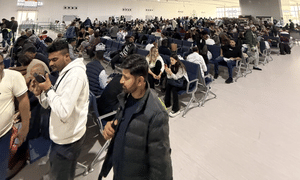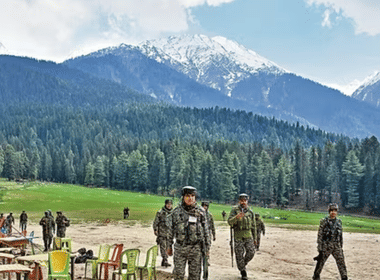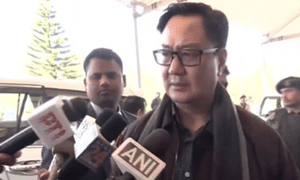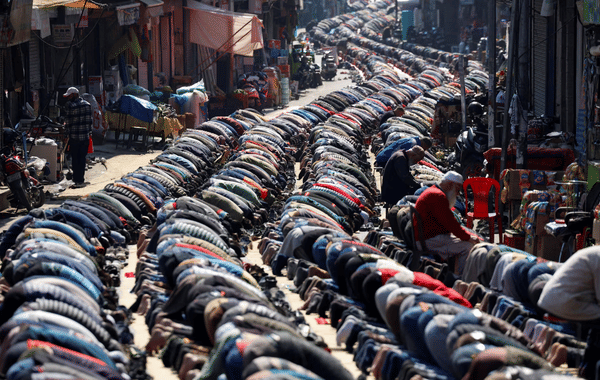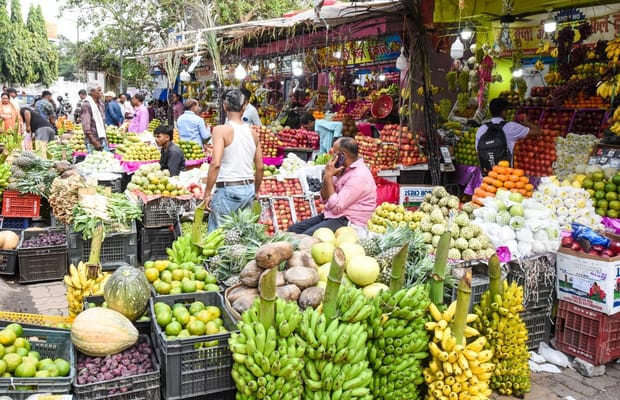

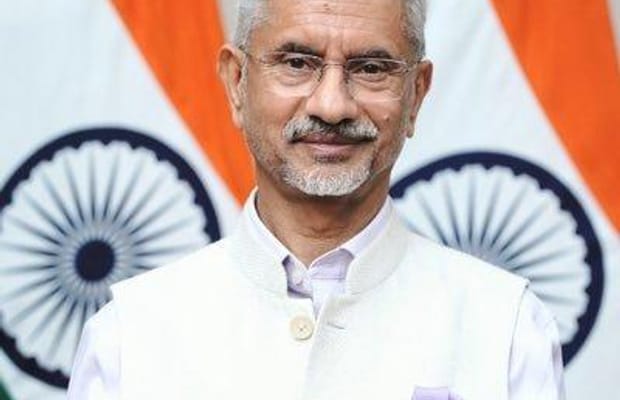
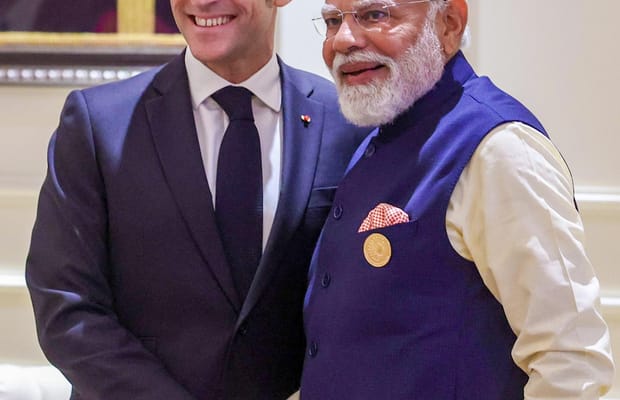
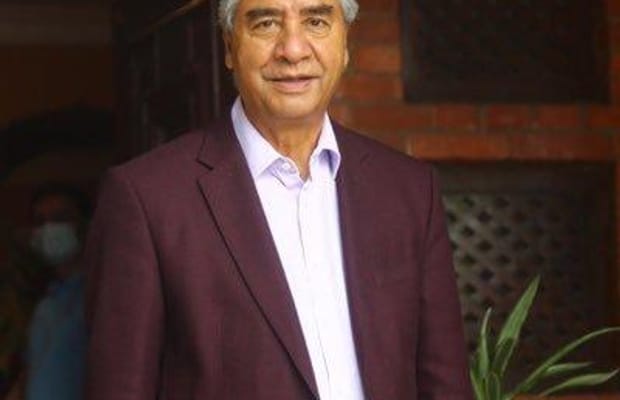

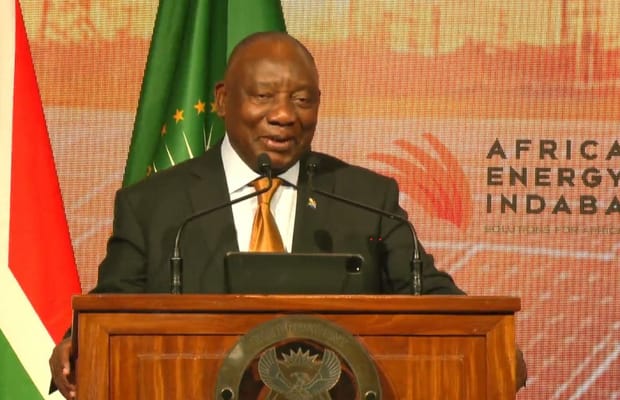
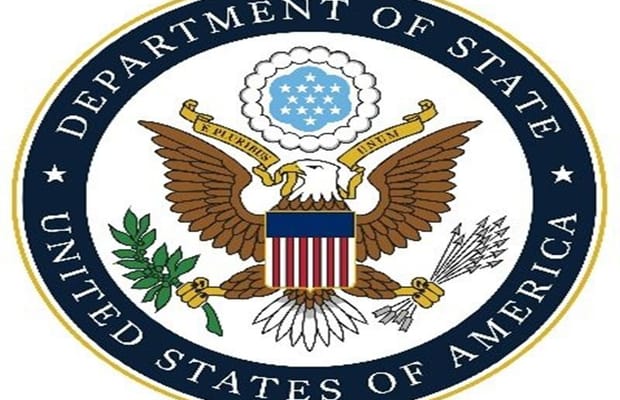
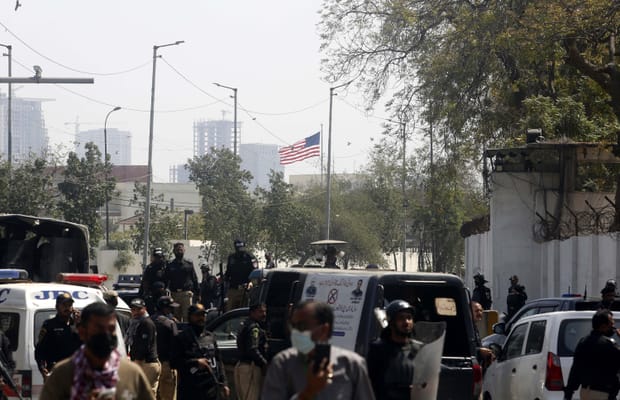
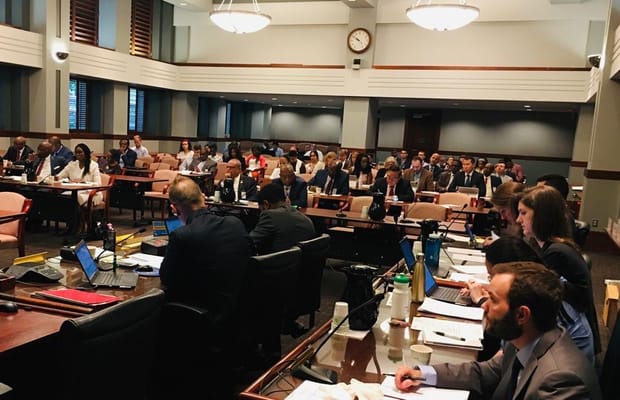
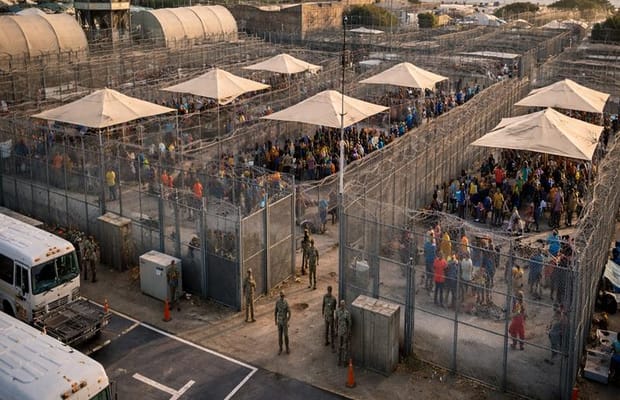
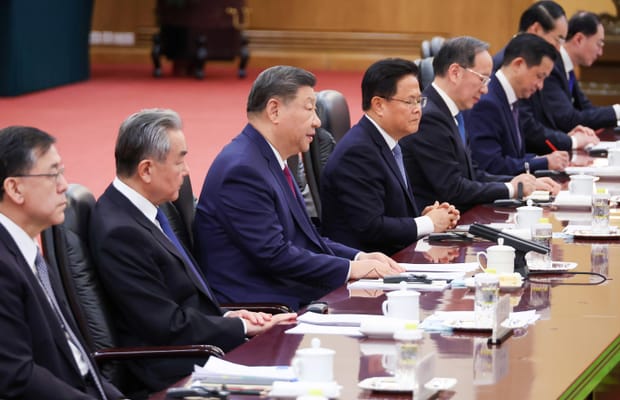
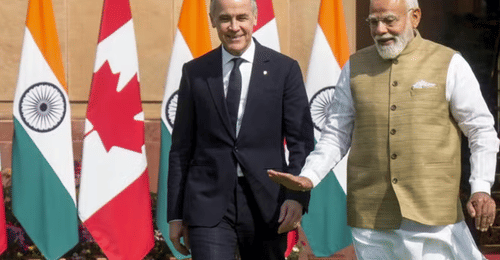
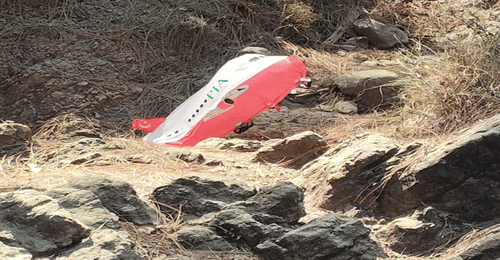


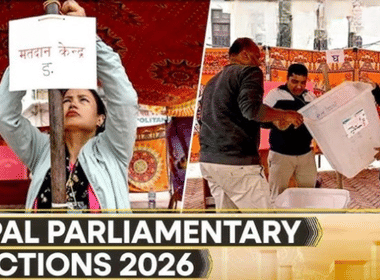





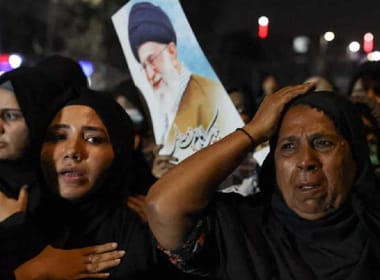
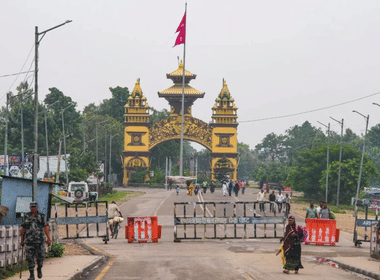
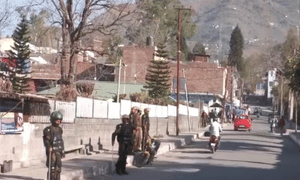


A court in Karkardooma has acquitted a man accused in a 27 year old case involving death and injuries allegedly caused by negligence. The case relates to the collapse of a ceiling during house construction work in the Bhajanpura area in September 1999. The accused, Shiv Dutt, was cleared of all charges nearly three decades after the incident. Due to his poor health, he was unable to attend the court, and his grandson appeared on his behalf on the day the judgement was delivered.
The case began after an FIR was registered on September 16, 1999, based on a complaint filed by Murari Lal Sharma, one of the injured persons. During the trial, one prosecution witness turned hostile, while several others failed to support the prosecution’s claims. Judicial Magistrate First Class Pankaj Rai ruled that the prosecution could not establish that the death and injuries were the result of negligence by Shiv Dutt. The court stated that the charges under Sections 337, 338, and 34 of the IPC were not proven beyond reasonable doubt.
Shiv Dutt, who owned the house, had hired a contractor, Shahzad also known as Bhura, to carry out repair work. Shahzad died while the case was still pending. The court observed that once the work had been assigned to an independent contractor with expertise in construction, the owner could not be held responsible for the execution of the work. The judgement noted that the prosecution failed to prove that the victims’ injuries were directly caused by any rash or negligent act of Shiv Dutt. The court also pointed out that there was no expert report or structural engineer’s opinion indicating that the accused had prior knowledge of the building being structurally weak. Many of the prosecution witnesses were found to be formal in nature.
One of the key witnesses, Jai Prakash, a neighbour of the accused, turned hostile during the proceedings. As a result, the court concluded that the evidence on record did not establish negligence on the part of the accused. The court further stated that Shiv Dutt could not be held liable for any negligent act committed by the contractor. It also found no evidence to suggest that there was any common intention between Shiv Dutt and the contractor to commit an offence.
While acquitting the accused, the court directed the Delhi Legal Services Authority to consider compensation for the victims. The court said that even though the accused had been acquitted, the State still had a responsibility to ensure justice and support for the victims and their families. The matter has been referred to the Secretary of the Delhi Legal Services Authority in the North East district to evaluate and award compensation to the injured victims and the family members of the deceased under the Delhi Victim Compensation Scheme.
According to the case details, on September 16, 1999, around 10 am, police received information about the collapse of a ceiling in a house located in Arjun Gali, Maujpur, Delhi, where 15 to 20 labourers were reportedly trapped under the debris. When police reached the site, a large crowd had gathered, and they learned that the injured workers had already been taken to GTB Hospital by PCR vans and CAT ambulance services.
The incident left several people injured, including Murari Lal, Ashok, Anil, Mahesh, Ilyas, Deepak, and Om Prakash, while one labourer named Wahid lost his life. During the investigation, it emerged that Shiv Dutt had assigned the work of constructing the roof on the first floor of his house to contractor Shahzad. While the roof slab was being lifted, it suddenly collapsed onto the labourers working at the site, resulting in seven injuries and one fatality. Advocate DD Pandey, representing Shiv Dutt, argued that the prosecution’s witnesses had not supported the allegations and that there was insufficient evidence to establish the accused’s guilt.
Disclaimer: This image is taken from eastdelhi.dcourts.gov.in.
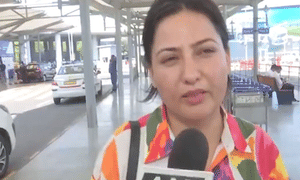
As airspace in Dubai partially reopened amid the ongoing West Asia conflict, Indian citizens arrived in New Delhi on Tuesday, sharing the panic and financial impact caused by widespread flight cancellations. Air India welcomed passengers and crew from flight AI916D at Indira Gandhi International Airport, marking the first international arrival by an Indian carrier that day. The flight carried 149 passengers and eight crew members.
Several travelers reported having to bear extra expenses due to extended stays in Dubai. A tourist from Noida said their return was scheduled for February 28, but the flight was cancelled. They requested government support for Indians stranded abroad and expressed gratitude to Air India for guidance. Another passenger mentioned that while the situation in Dubai was largely calm, the high cost of living and flight disruptions had imposed financial burdens. Security measures were described as strict but reassuring.
Dubai Airports announced a limited resumption of operations from March 2, allowing a small number of flights from Dubai International Airport and Al Maktoum International Airport. With flights gradually resuming, normalcy is slowly returning, and thousands of Indians are finally able to return home, though authorities urge caution. Passengers returning from Muscat, Oman, described a harmonious environment with supportive administration. Flights there had briefly been halted due to regional tensions but resumed within 24 hours.
The disruptions followed US-Israel strikes against Iran on February 28, which prompted Iranian retaliatory drone and missile attacks on multiple US bases in Arab countries. These actions led to widespread flight cancellations, creating challenges for Indian travelers and prompting governments and airlines to coordinate safe returns.
Disclaimer: This image is taken from ANI.

Major airlines including IndiGo, Akasa Air, Qatar Airways, and Emirates have suspended or extended the suspension of flights to and from Middle Eastern destinations amid rising regional tensions. Passengers are being offered travel waivers and full refund or rescheduling options. IndiGo, in a statement on X, said it is closely monitoring developments in the region and has extended the temporary suspension of select international flights passing through Middle Eastern airspace. The airline urged passengers to check their flight status and confirmed that travelers can reschedule at no extra cost or receive credit for future travel on affected routes until March 7, 2026, for bookings made on or before February 28, 2026.
Akasa Air announced that all flights to and from Jordan, Doha, Jeddah, Kuwait, and Riyadh on March 3, 2026, are suspended due to the ongoing situation. The airline confirmed passengers could opt for full refunds or reschedule their travel without additional charges until March 7, 2026. Qatar Airways said its operations remain temporarily suspended because of the closure of Qatari airspace. The airline stated flights will resume once the Qatar Civil Aviation Authority declares it safe to reopen airspace, with updates scheduled for March 3.
Emirates temporarily halted all flights to and from Dubai until 3:00 PM UAE time on March 3 due to multiple regional airspace closures. Passengers booked to travel by March 5 are being offered the option to rebook for travel by March 20 or request a full refund. Emirates advised travelers to monitor operational updates online and said all city check-in points in Dubai remain closed.
The disruptions come amid escalating tensions in West Asia following US-Israel joint strikes on Iran that killed the country’s Supreme Leader, Ayatollah Ali Khamenei, and his family. Iran has since launched retaliatory drone and missile strikes targeting multiple Arab countries, leading to widespread airspace closures and major impacts on international aviation.
Disclaimer: This image is taken from ANI.
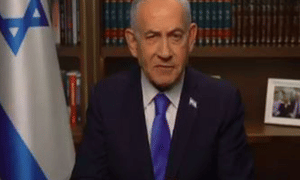
In a significant escalation of regional tensions, Israel and the United States launched a joint military operation targeting Iran, citing an existential threat to Israel and global security. Israeli Prime Minister Benjamin Netanyahu described the move as both defensive and strategic, condemning Iran’s long-standing hostility and labeling its leadership a “terrorist regime” that must not be allowed to acquire nuclear weapons. In a national address, Netanyahu thanked US President Donald Trump for his “historic” support and appealed to the Iranian people to rise against their government.
The operation, named Operation Roaring Lion, aims to degrade Iran’s military and nuclear capabilities over time, addressing threats posed by the regime and its proxies along Israel’s borders. The Israeli Defense Forces emphasized that the Iranian leadership continues to finance, train, and arm forces positioned against Israel, representing an ongoing danger to the Middle East and the wider world.
Meanwhile, President Trump issued a stark warning to Iranian forces, offering full immunity to those who surrender but threatening “certain death” for noncompliance. He also urged Iranian civilians to remain sheltered during the operation, framing it as a historic opportunity for them to reclaim control of their government.
The strikes follow weeks of tense nuclear negotiations and heightened military posturing, signaling a decisive retaliatory move by Israel and the United States. Both leaders highlighted the broader goal of empowering the Iranian people while neutralizing threats to Israel and global stability, marking a pivotal moment in the ongoing confrontation with Tehran.
Disclaimer: This image is taken from @netanyahu.



Under President Lee Jae Myung’s guidance, investor confidence in South Korea has surged, fueled by ambitious reforms—from proposed corporate governance improvements and regulatory adjustments to efforts aimed at revitalizing the stock market. His pro-market policies have shifted sentiment positively, attracting both domestic and international investors and pushing the Kospi to new highs. But is this surge sustainable, or merely a short-term spike? Hairianto Diman and Elakeyaa Selvaraji explore the outlook with Betty Wang, Head of Northeast Asia Research at Oxford Economics.
Disclaimer: This podcast is taken from CNA.

The Barries have returned, and Angus Taylor has emerged victorious in the Liberal leadership contest, defeating Sussan Ley. Speaking on Friday afternoon, the newly elected leader stressed that he had no intention of becoming “One Nation lite,” but vowed to “close the door” to those who do not share “Australian values.” However, the leadership spill was not the only major development in Australian politics this week. Barrie Cassidy and Tony Barry also examine the challenges facing Taylor, the growing momentum of One Nation, and the recent visit by Israeli president Isaac Herzog.
Disclaimer: This podcast is taken from The Guardian.

In Destination Anywhere, Melanie Oliveiro speaks with dentist and author Vrushali Junnarkar, who shares her experiences of discovering the many attractions and natural retreats in Khandala, a charming hill station located in Maharashtra in central-western India. Frequently referenced in her novel The Campbell Gardens Ladies' Swimming Class, Khandala holds special significance for Junnarkar as she describes visits to the town’s historic fort, waterfalls, and caves. She also discusses traditional Maharashtrian street food and regional dishes that are rarely found in Singapore.
Disclaimer: This podcast is taken from CNA.

Karate standout Marissa Hafezan clinched Singapore's first gold in the sport at the SEA Games in 32 years. She defeated Vietnam's Nguyen Thi Dieu Ly 5-3 in the women's kumite under-55kg final to secure the historic victory. Andrea Heng and Hairianto Diman sit down with Marissa to learn more about her remarkable achievement. They also get an update on Team Singapore’s overall performance at the midpoint of the Games, featuring insights from Marissa Hafezan, SEA Games gold medallist and Singapore karate exponent, and Phil Goh, independent sports journalist.
Disclaimer: This podcast is taken from CNA.


